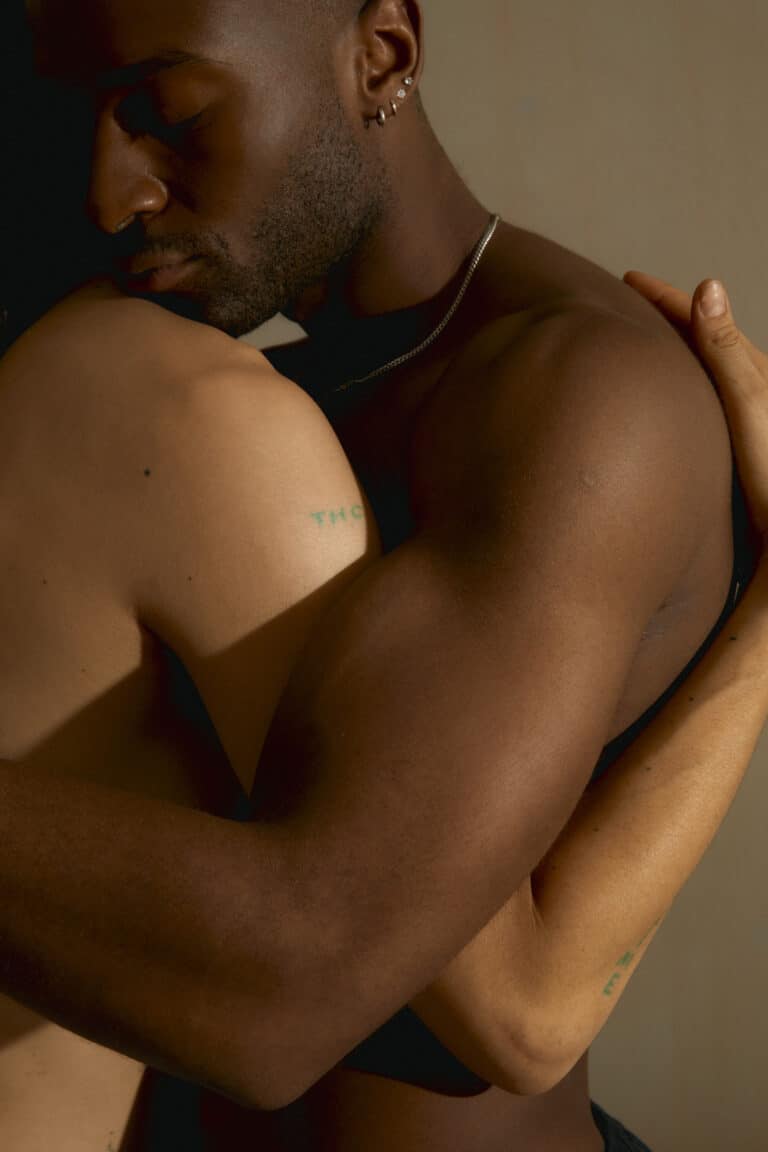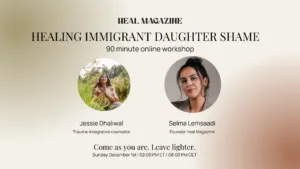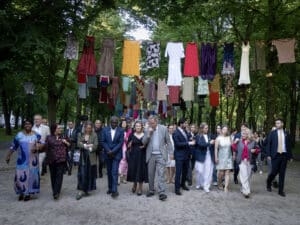In these tumultuous times, it often feels like the world is collectively holding its breath. The global events of the past week have shown us the magnitude of collective trauma. Whether it’s the mass ethnic cleansing in Gaza, the attack in Israel, the earthquakes in Afghanistan, the genocide in Sudan, or the Australian Indigenous Voice referendum, the impact is undeniable. In this article, we’ll explore what collective trauma is, how it affects us, and how we can find resilience and healing as a community.
What is collective trauma?
Collective trauma is not just a buzzword. It’s a real and tangible experience that affects entire communities, societies, or even the world at large. It occurs when a significant event or series of events deeply and negatively impact the collective psyche. These events can include natural disasters, economic crises, wars, or, as we’ve seen a while ago, global pandemics.
When collective trauma strikes, it can create feelings of fear, grief, and helplessness. It disrupts our sense of safety, unity, and trust in the world. Individuals and communities are left grappling with a shared wound, which can lead to various psychological and emotional challenges.
The Ripple Effect on Individuals
Individuals don’t exist in isolation. We’re interconnected, and the trauma experienced by our communities seeps into our lives. For example, during the pandemic, people around the world felt a collective sense of fear, uncertainty, and loss. These emotions infiltrated our homes and our hearts, affecting our mental and emotional well-being.
When we’re exposed to collective trauma, we might experience heightened stress, anxiety, and sometimes even post-traumatic stress disorder (PTSD). It’s crucial to recognize that these reactions are entirely normal responses to abnormal circumstances. Seeking support, whether from friends, family, or mental health professionals, is a crucial step towards healing.
Building Resilience Through Connection
While collective trauma is undeniably challenging, it also provides an opportunity for resilience and growth. Our communities, friends, and families can be pillars of strength during difficult times.
- Connection: In times of collective trauma, it’s essential to connect with others who share your experiences. Whether through support groups, online forums, or within your own community, sharing your feelings and thoughts can be profoundly healing.
- Empathy: As we collectively struggle, practicing empathy is paramount. Everyone’s experiences and coping mechanisms are unique. By understanding and validating each other’s feelings, we create a space for healing.
- Spirituality: Carve out some time of your day to do a meditation or prayer. Send loving thoughts to those that are suffering or try to manifest a positive outcome for humanity.
- Self-Care: Self-care isn’t selfish; it’s necessary. Take time to recharge and prioritize your mental health. Engage in activities that bring you joy even if its only for a few minutes.
- Professional Help: If you find it challenging to cope with the collective trauma, seeking the assistance of a mental health professional is a courageous step. Therapists and counselors can provide guidance and tools to navigate these challenging times.
- Community Resilience: Building community resilience is vital. Together, we can support one another and work towards healing. Participating in community initiatives or volunteering can create a sense of purpose and connection.
The Power of Storytelling
Collective trauma is, in essence, a shared story. Our collective stories shape our identities and perceptions of the world. By sharing our stories, we not only heal individually but also contribute to the healing of our communities.
Engaging in storytelling can be a therapeutic practice. Whether through writing, art, or verbal communication, expressing your experiences can be a powerful way to process and release emotions. It also helps others understand and connect with your journey, fostering empathy and unity.
Healing is a collective effort
Remember that healing is a collective effort. Together, we can transform the narrative of collective trauma into one of resilience, growth, and unity. In sharing our stories and supporting one another where we are, we can find the strength to overcome even the most challenging of times.










